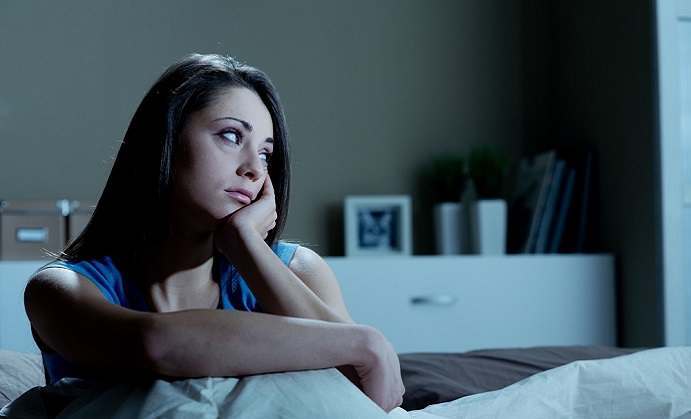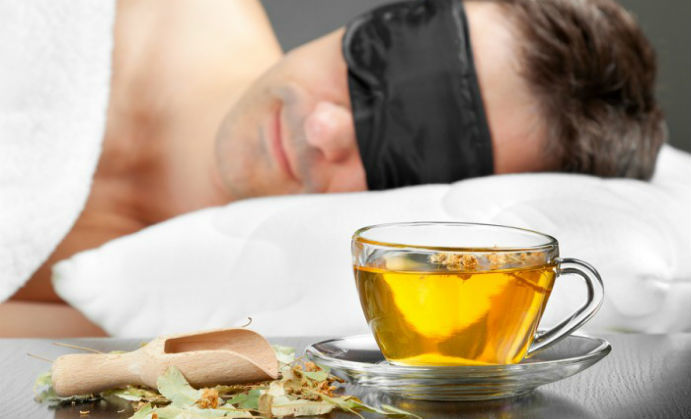Sleep is a complex behavior. Your physical and mental health can make a huge difference in whether and how well you sleep, as can behavioral and environmental factors in your life. For example, you may have an underlying physical or psychological problem that contributes to your sleep problem, and if you correct that problem you’ll find that your sleep will improve along with it. These might include anything from figuring out that you’re drinking too many caffeine drinks during the day to learning that you have bipolar disorder and are in need of medication to correct it.
Or you might be a person who goes to bed late and sometimes you stay up half the night watching thrillers or playing video games. You might ditch your erratic habits and correct your sleep problem by establishing a realistic sleep schedule for when you go to bed and when you wake in the morning. This kind of behavioral modification can be enormously beneficial in correcting sleeplessness.
 The place to start is with a visit to your doctor. You need a medical evaluation of your sleep problem and your health. Without that you’re flying blind. If your doctor doesn’t find an underlying cause, she can give you information about behavioral and environmental modifications you can make that might help you sleep. If you doctor does find an underlying condition, she will of course treat you for that, and hopefully your sleep will improve.
The place to start is with a visit to your doctor. You need a medical evaluation of your sleep problem and your health. Without that you’re flying blind. If your doctor doesn’t find an underlying cause, she can give you information about behavioral and environmental modifications you can make that might help you sleep. If you doctor does find an underlying condition, she will of course treat you for that, and hopefully your sleep will improve.
Sleep cycles are managed by neurotransmitters. Neurotransmitters transmit impulses from one brain cell, or neuron, to another, and thus support communication between neurons. Dopamine is one of these neurotransmitters. Researchers have also discovered that dopamine acts on the pineal gland, which is significant because the pineal gland controls the body’s rhythms in response to light and dark.
Doctors sometimes find that people who have insomnia also have low levels of dopamine, but either low levels or high levels can cause problems. On the low side, people might have trouble concentrating or experience depression. On the high side, people might be too excitable and agitated.
 It’s also been found that lack of sleep downgrades the efficacy of the dopamine receptors in the brain, which explains why people sometimes find themselves in a downward sleep spiral. The simple fact is that too little sleep can directly lead to more sleep problems.
It’s also been found that lack of sleep downgrades the efficacy of the dopamine receptors in the brain, which explains why people sometimes find themselves in a downward sleep spiral. The simple fact is that too little sleep can directly lead to more sleep problems.
If tests show that your dopamine levels are low, your doctor might prescribe dopamine, but the problem is that instead of helping this sometimes aggravates sleeplessness. Or you might develop other problems such as muscle stiffness or increased fatigue. In that case the doctor can try other medications.
Meanwhile, because of the relationship between lack of sleep and degraded dopamine receptors, you might also want to consider learning more about behavioral and environmental factors that might be involved in your sleep problem. You might find it helpful to set up a sleep schedule, and to rearrange your activities so that the hour before bed is only for relaxation, in preparation for helping you go to sleep. Your doctor can give you information on the things sleep experts recommend.
Do you want to find an effective Insomnia treatment? Check out our top rated Insomnia products











